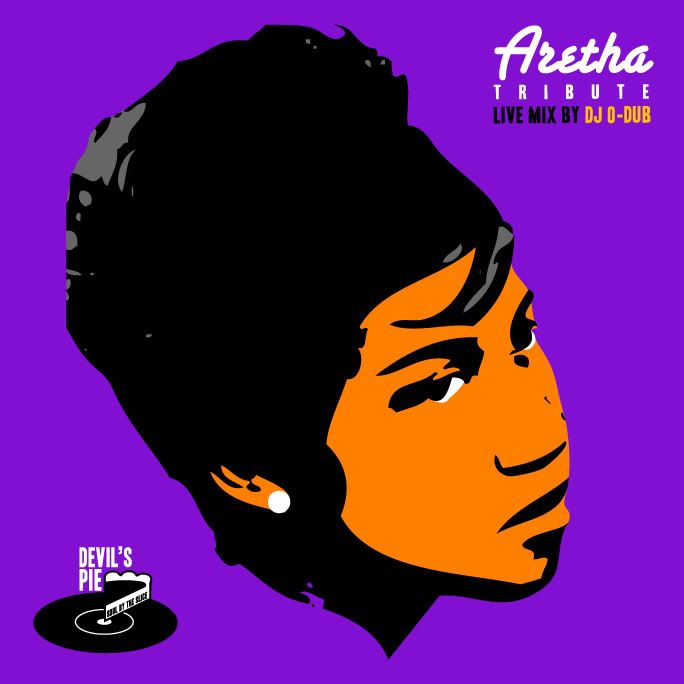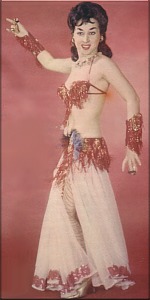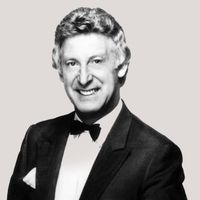 James Brown: Your Cheatin' Heart + September Song
James Brown: Your Cheatin' Heart + September Song
From Soul On Top (King, 1970)I was very fortunate to have the opportunity to work on a story for the
L.A. Times that ran today about
James Brown's "Soul On Top" concert he's giving tomorrow at the Hollywood Bowl. The article breaks down the history of the project but here's the short version:
Soul On Top was a 1970 album Brown recorded with a 20 piece big band lead by drummer Louie Bellson with arrangements by Oliver Nelson. For the concert, Brown is teaming with Christian McBride who put together a 17 piece band and Bellson will be featured on at least one song.
Like 1969's
Gettin' Down To It (recorded with Cincinnati's Dee Felice Trio), it has Brown singing jazz, pop and country standards with a "jazz" band though obviously, the big band power of Bellson's players creates a different atmosphere than what Felice's trio knocked out. All in all, it's one of Brown's more interesting albums to be sure - it probably sounds less dramatic now (in a time where "big band funk" isn't as unusual as it might have been in the late '60s) but it's not less unique amongst Brown's massive catalog. I wanted to do two things with this post: one was to give folks a sampling of this album, the other to add some details that, for a variety of reasons, were left out of my story.
To begin with: it was very tough just selecting two songs from the album since really, I would have been just as happy with another pair than what I selected. What these two share in common - and why I chose them - is that they're some of the more dramatic re-envisonings of "classic" standards that Brown had and Nelson pulls off the arrangements (as per Brown's direction) beautifully. Both of these are supposed to be slow ballads but they get remade into what Bellson described to me as "boogaloo" rhythms (though Brown disagreed with the application of the term for reasons I didn't quite get). The simpler way to say it is that they become funky, mid-tempo tracks that give a once-familiar song a whole new makeover. Personally, I'd probably given the edge to "September Song" as the better of the two but frankly, I think both are great.
This said, i don't want to dress up the album as simply "funky big bang jazz!" without acknowledging that while Brown certainly wanted to bring a funk element into the project, there are some songs, especially the excellent "That's My Desire" which are all soul and do a great job of showcasing Brown's versatile vocal talents.
As for that bonus content, here's a few based on my interviews with James Brown, Christian McBride and Louie Bellson:
James Brown on how he thought Bellson's big band performed compared to his own band:
"It was stiff - I wasn't going to get out [of a big band] what I [could] put together [on my own] because they could make the quick turns and quick hits. [The big bang] swang, I didn't want them to swing, I wanted them to CHOP, BAH, DAH, BAH BAM, you know."
(Just to note: Brown was "very, very pleased" with the band but the specific question was how ddi they perform compared to Brown's normal stage band).
Christian McBride on the challenges of writing new arrangements because Nelson's originals were lost:
"’ I hired a guy named Ed Palermo who’s a brilliant musician and arranger, he does the Frank Zappa Big Band in New York, he transcribed all of the charts off the album, which was pretty incredible, because the horns weren’t recorded very well. Listening to the original masters when we went back to listen to some of that stuff the mics were really far away from the horns so it kind of sounds like they had one mic over each section so it was kind of hard to really hear the individual parts compared to a Sinatra album with Nelson Riddle where everything is crystal clear. Considering that he did a hell of a job."
Louie Bellson on the actual recording sessions that took place in November of 1969:
"It couldn’t of been any better, because sometimes you do a CD, it can be a great band and the singer is not up to it or the singer is not gelling right. That can happen with the best of them, but this is a case of right from the first note that the band played to the first arrangement, we were in, we all knew this was going to be something great. Oliver played a big part of it. He had a chance to work with James before the recording so a lot of the background was something things that James Brown dictated to Oliver and Oliver knew exactly what he wanted. I think that kind of pre-recording is important, because you have to sit with the artists, especially the arranger to know what kind of background to use or write. That really was 90 per cent of the battle right there."
Labels: covers, james brown, soul/funk
































